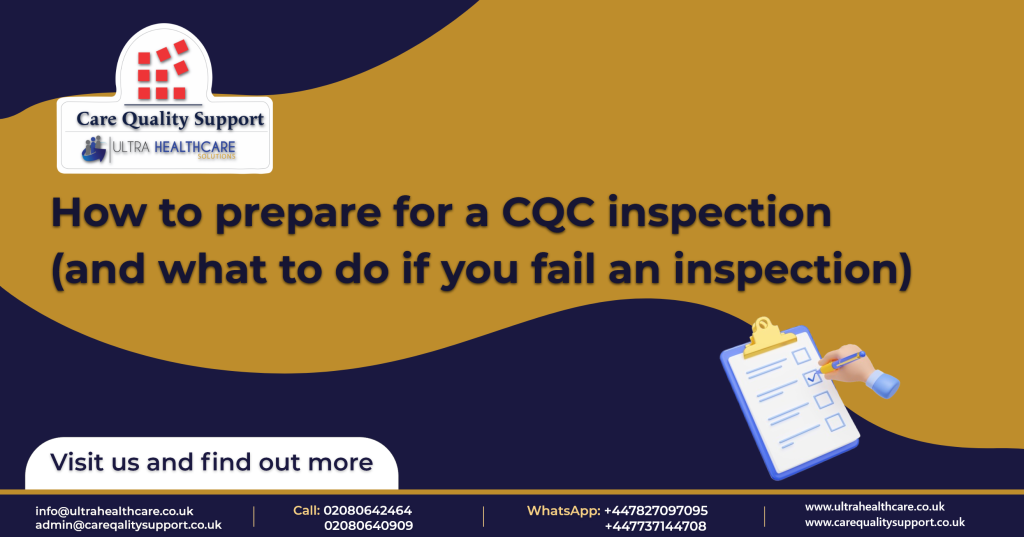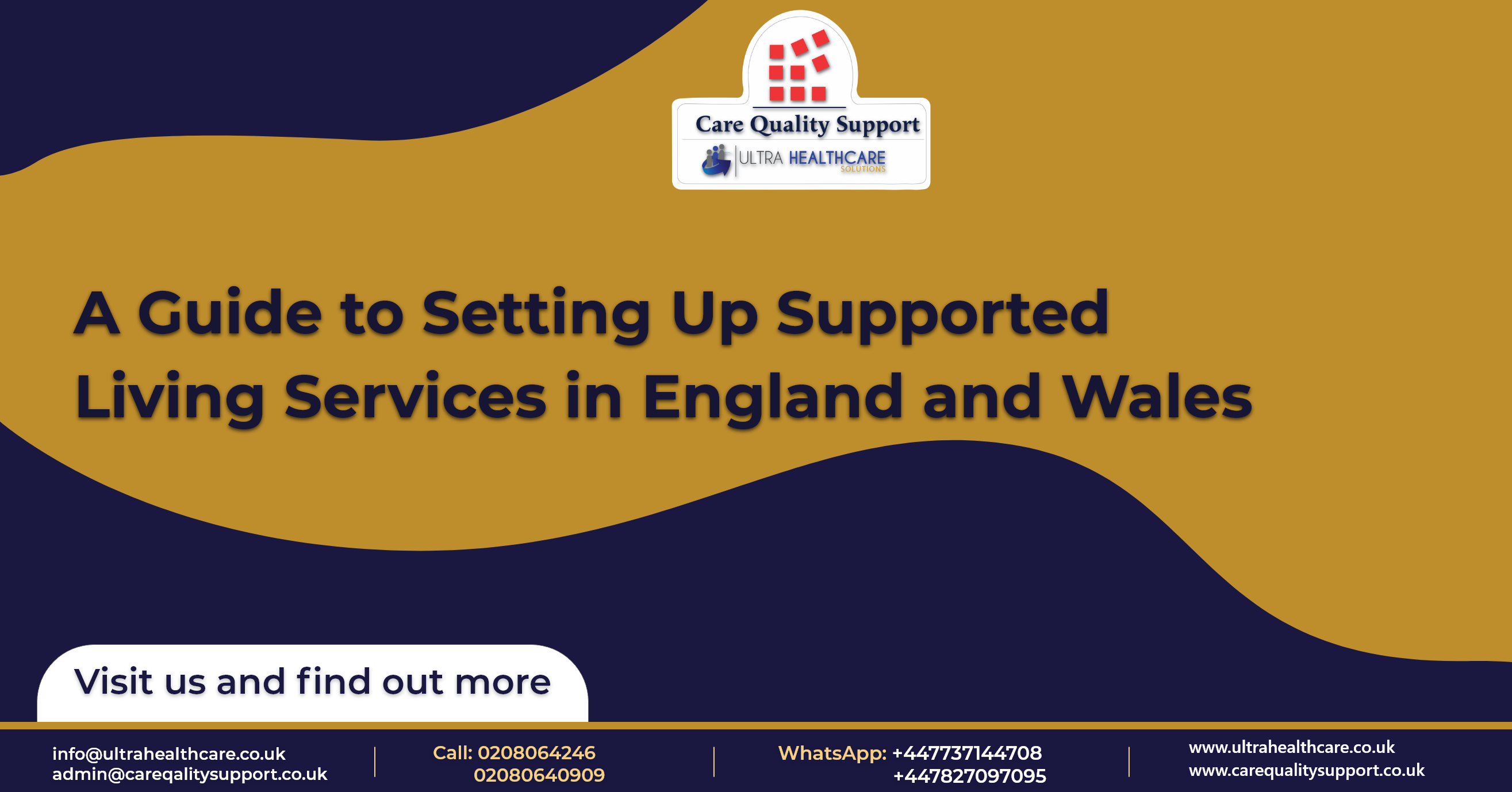Domiciliary care, also known as home care, is a growing sector in England and Wales’ healthcare and social care industry. It provides essential support to individuals who wish to maintain their independence while receiving care and support in the comfort of their own homes. Attracting private domiciliary care clients in England and Wales requires a multi-pronged approach that prioritises quality care, reputation, and accessibility, However, attracting private clients in this sector can be challenging due to the competitive market and the unique needs of each potential client.
This article provides practical strategies on how to attract and retain private clients for domiciliary care in England and Wales






